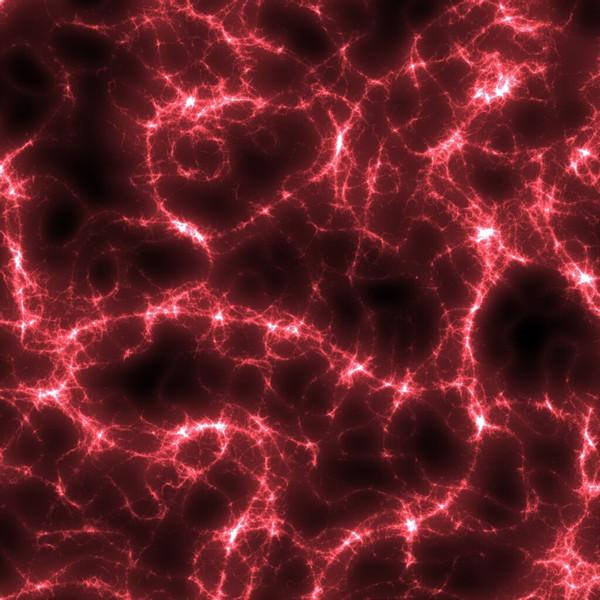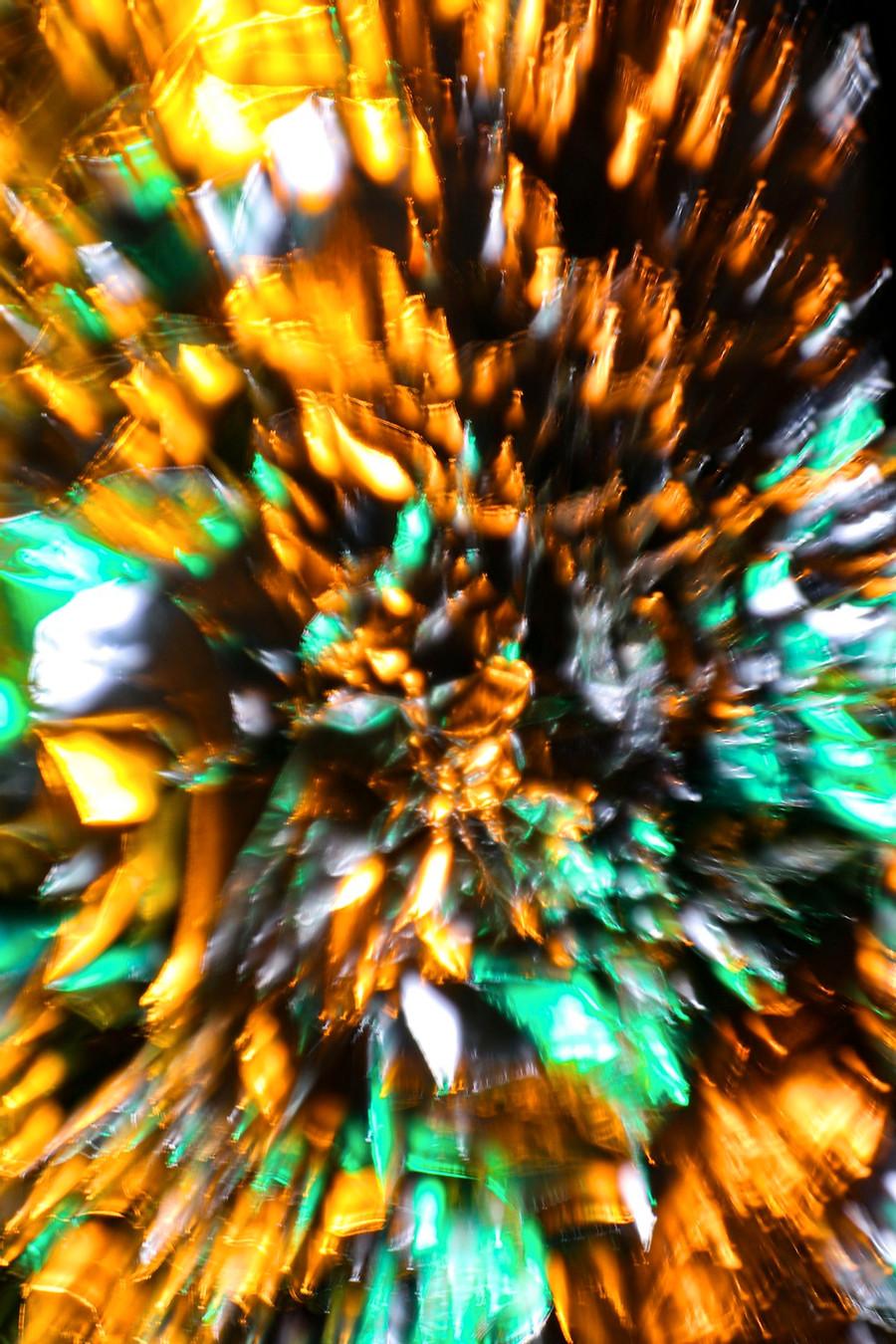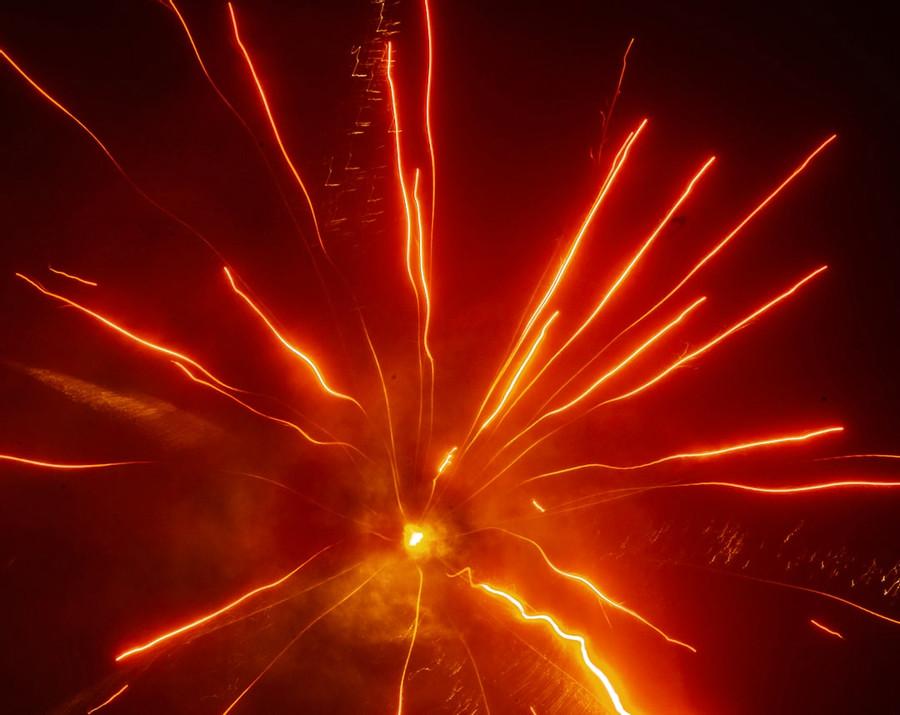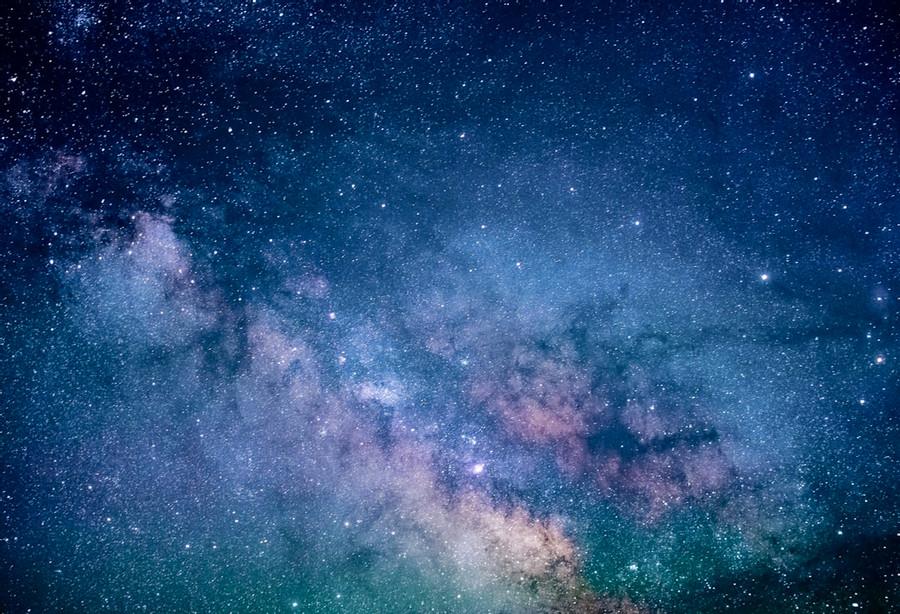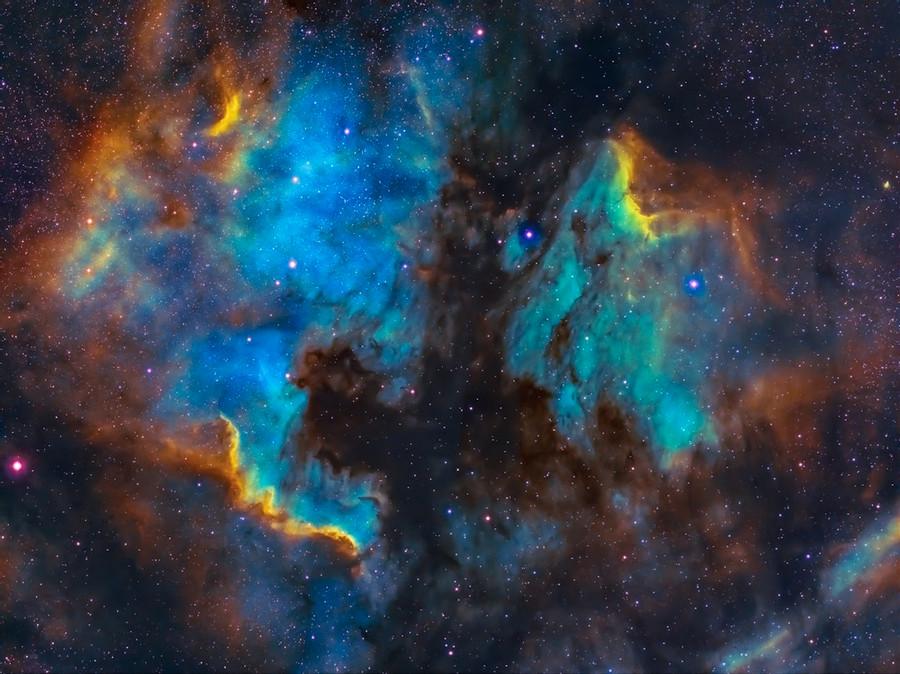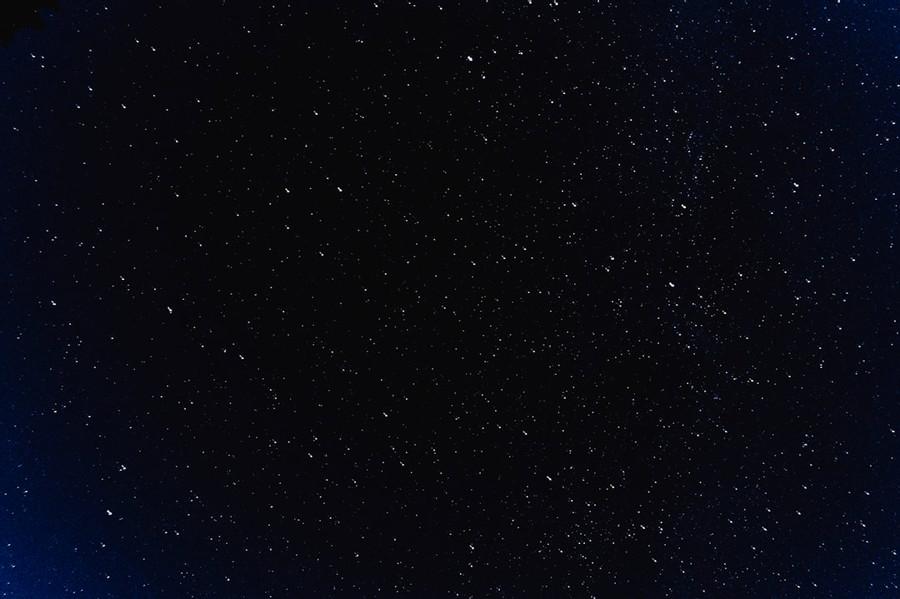A Look into the Big Bang Theory and the Origins of the Universe – Big History
Curated from: bighistory.in
20
Explore the World's Best Ideas
Join today and uncover 100+ curated journeys from 50+ topics. Unlock access to our mobile app with extensive features.
The Beginning Of Everything: A Look Into The Big Bang Theory And The Origins Of The Universe
Understanding the origin of Universe has raised the curiosity of generations before ours. There are several modifications and extensions of the theory of the origins that have been proposed, such as the steady state theory and the oscillating universe theory. However, none of these alternatives have been able to provide a better explanation of the observed data than the Big Bang theory itself. Overall, the Big Bang theory is supported by a wide range of observational and theoretical evidence, and it is considered to be the best explanation for the origin and evolution of the universe.
11
270 reads
WHAT IS BIG BANG THEORY?
The Big Bang theory is the current cosmological model that explains the origin and evolution of the universe. It states that the universe began as a singularity, an infinitely hot, dense, and small point in space and time. Approximately 13.8 billion years ago, this singularity underwent a rapid expansion, leading to the creation of all matter and energy in the universe. As the universe expanded and cooled, matter and energy began to condense into clumps, eventually forming the first stars and galaxies..
12
239 reads
OBSERVATION SUPPORTING BIG BANG THEORY
Cosmic Background Radiation: One of the key pieces of evidence for the Big Bang theory is cosmic microwave background radiation (CMB). This is a faint glow of light that fills the universe, and it has a temperature of about 2.7 Kelvin. The CMB is thought to be the afterglow of the Big Bang, as it has a nearly perfect blackbody spectrum and is almost, but not quite, the same temperature in all directions.
12
206 reads
Expanding Universe: The Big Bang theory also predicts an expanding universe, and Edwin Hubble observed in 1929 that galaxies are moving away from us, the more distant they are the faster they are receding. This is known as Hubble’s Law, and it is considered one of the strongest pieces of evidence of an expanding universe.
11
169 reads
WHAT ABOUT DARK MATTER AND DARK ENERGY?
Many argue that the Big Bang does not account for the existence of dark matter and dark energy, and that this is a major weakness of the theory. They argue that there is no mechanism for the formation of these mysterious components of the universe in the Big Bang Theory. The Big Bang Theory does not attempt to explain the origins of dark matter and dark energy, as they were only discovered after the theory was developed. The theory does not require the existence of dark matter and dark energy, but it is compatible with their existence and predictions of their behavior have been observed.
11
169 reads
Conclusion
Finally, some critics argue that the Big Bang Theory cannot account for the fine-tuning of the universe. One of the widespread misconceptions regarding the Big Bang theory is that it completely explains how the universe first came into being. The Big Bang hypothesis, however, describes the development of the current universe from an extremely dense and high-temperature starting state rather than explaining how energy, time, and space were created.
14
173 reads
IDEAS CURATED BY
Big History 's ideas are part of this journey:
Learn more about scienceandnature with this collection
The importance of networking in podcasting
How to grow your podcast audience
How to monetize your podcast
Related collections
Similar ideas
1 idea
How the Big Crunch Theory Works
science.howstuffworks.com
1 idea
What Is the Big Bang Theory?
space.com
7 ideas
Formation of the First Stars
bighistory.in
Read & Learn
20x Faster
without
deepstash
with
deepstash
with
deepstash
Personalized microlearning
—
100+ Learning Journeys
—
Access to 200,000+ ideas
—
Access to the mobile app
—
Unlimited idea saving
—
—
Unlimited history
—
—
Unlimited listening to ideas
—
—
Downloading & offline access
—
—
Supercharge your mind with one idea per day
Enter your email and spend 1 minute every day to learn something new.
I agree to receive email updates
